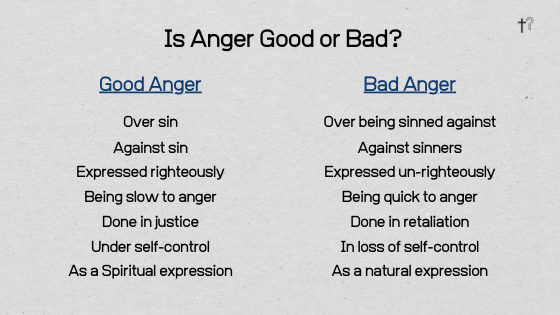What does it mean to fear God?
What does it mean to fear God?
The concept of the “fear of the Lord” is a key theme in the Bible. Understanding this term is crucial for a deeper comprehension of our relationship with God.
Simply put, it means to respect and revere God and to be in awe of His majesty and power.
Psalm 33:8 (NKJV)
Let all the earth fear the Lord; Let all the inhabitants of the world stand in awe of Him.
This fear is less about being afraid and more about acknowledging God’s supreme authority and our accountability to Him as our Creator and Sustainer.
As God is aware of all that we think, desire, speak, and do, we are accountable for the lives we live and should always remember that we live in His presence. It’s important to distinguish between being afraid of God’s punishment and having a reverential fear of Him. The biblical ‘fear of the Lord’ encompasses a deep sense of reverence, love, and awe, recognizing our place before God, rather than merely fearing divine retribution.
According to the Bible, finding real wisdom begins with fearing the Lord.
Proverbs 1:7 (NKJV)
The fear of the Lord is the beginning of knowledge, But fools despise wisdom and instruction.
Having a fear of God is also connected to our purpose in life.
Ecclesiastes 3:14 (NKJV)
I know that whatever God does, It shall be forever. Nothing can be added to it, And nothing taken from it. God does it, that men should fear before Him.
Living in fear of the Lord helps us find our God-given purpose, shaping our priorities and influencing our choices.
Purpose in life begins with “who we know,” not what we know or how successful we are. We often fail to identify our God-given purpose in life, but we cannot do that until we fear God and give Him the priority. Having a high regard and reverence for God affects everything we do.
Reformer Martin Luther described the fear of the Lord as “filial fear,” akin to the respectful fear a child has for a loving parent. This analogy beautifully illustrates how fear of God is rooted in love and trust, not in dread of punishment. It’s about fearing to offend God, who is our source of security and love.
It’s not that the child fears torture or punishment, but rather that he fears offending the one who is the source of security and love in his life.
Fearing God is fundamental to the Christian faith and life. It’s a balanced blend of awe, reverence, love, and understanding of God’s majesty. This fear guides us to live in harmony with His will, leading to a deeper, more meaningful relationship with our Creator.
The fear of the Lord is the beginning of knowledge, But fools despise wisdom and instruction.
Proverbs 1:7

